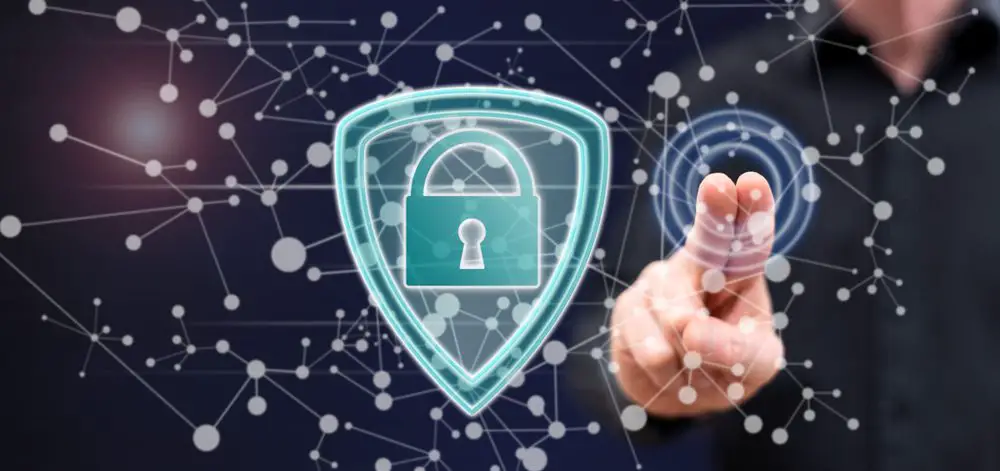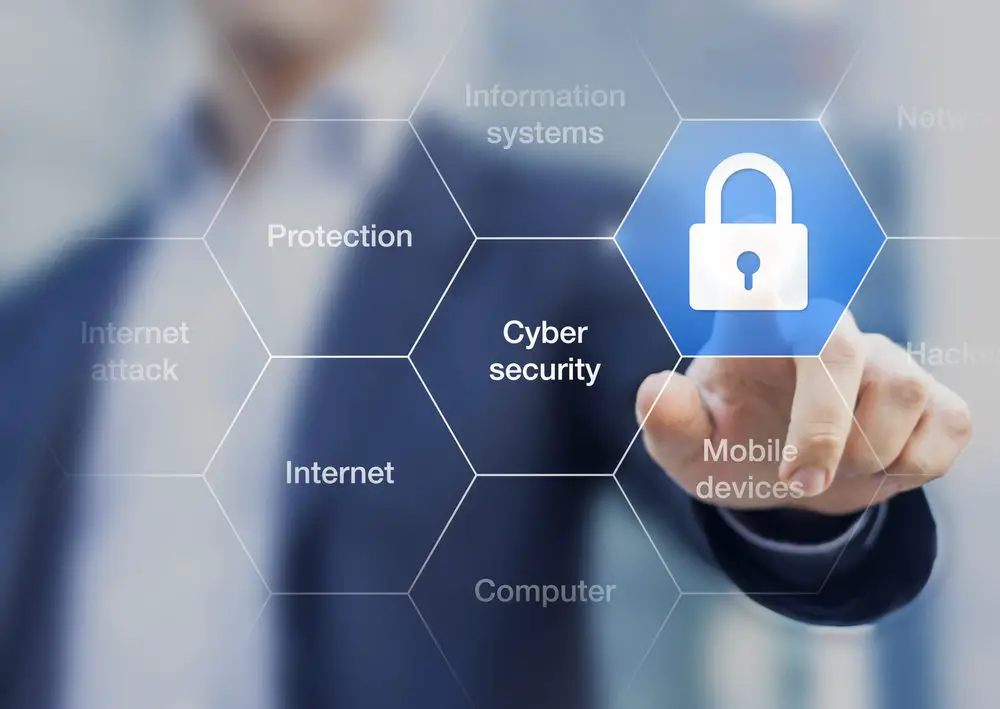
Hacking isn’t only a major concern for corporations, but it’s also a major concern for homes, organizations, and the government. Everyone is prone to malicious attacks on their network with the prevalence of hackers. This is why it’s essential that you set up barriers to prevent that from happening. There are many ways to secure your network and here are some important safety measures to take note of when you want to secure your network.
- Install an intrusion detection system (IDS)
IDS is a software that checks for malicious activities on your network. Once something is detected, it will be automatically sent to a security information and event management (SIEM) system. Once it’s there, the system will distinguish whether or not the malicious activity is legitimate. If legitimate, it will then send an alarm. If you’re wondering where you can get one, this list of IDS software is a good place to start looking.
- Provide a guest network separate from your main one
Whether it’s for your home or corporation, you must provide a separate network made especially for visitors to use. By providing a guest network, you’ll give guests internet access without giving your guests the ability to gain access to your personal or corporation’s network. Due to security reasons, this will prevent you from getting infected with a virus or malware in case your guests open malicious websites by mistake.
You can do this by getting a separate internet connection for a guest network. There’s also a few routers available that have the ability to run two networks all at the same time – guest network and company/personal network.
- Use and install a firewall
Your first layer of defense against malware or cyber-attacks is a firewall. Windows and most routers already have a built-in firewall. However, you still need to check if the firewall is turned on or updated. Firewalls will be able to block malware or attacks that might harm or infiltrate your network.
- Install antivirus software
The basic rule for network protection is to install antivirus software. This is a must for every kind of network. Antivirus programs and anti-malware scanners will prevent your network from being compromised. But, remember that you always have to keep your antivirus software updated. This is because there are many new viruses created every single day. You also have to make sure you get your antivirus software from a reputable company.
- Use Secure Socket Layer (SSL)
SSL is a security layer between a server and a website. With this in place, you can be secured and the risk of interception, while information is traveling from one place to the other, is lowered. SSL will make sure that the information you’re sending remains confidential and private. SSL will also encrypt your connections making it more secure.
- Secure your internet connection with Virtual Private Network (VPN)
Whenever you use public Wi-Fi, you open yourself up to the risk of being compromised and leave yourself vulnerable to security threats. With public Wi-Fi, you won’t have any control over security since anyone can hack into your device in a public network. To prevent this from happening, you must secure your internet connection by using a VPN connection. A VPN connection will make sure you have a secure connection between the device and public Wi-Fi by encrypting all data that you exchange with the internet server.
- Test your security
Especially for corporations, your IT team mustn’t leave any area prone to vulnerability. Have your IT team and a third-party IT agency perform tests on your security network to find any holes or leaks. This will help you find areas that you need to improve when it comes to the security of your network. This will prevent you from getting any data breaches due to a mistake made in your system.
Conclusion
Securing networks is now everyone’s concern. No one should be a stranger to this. There are many things that you can do to protect your network from attacks, and these are just some basic ones that you can do. It’s never too late to start researching and implementing safety measures. Keep yourself informed of the ways to protect yourself and implement them.
